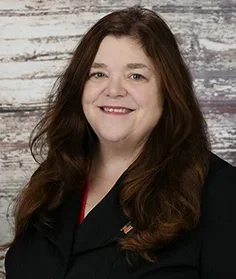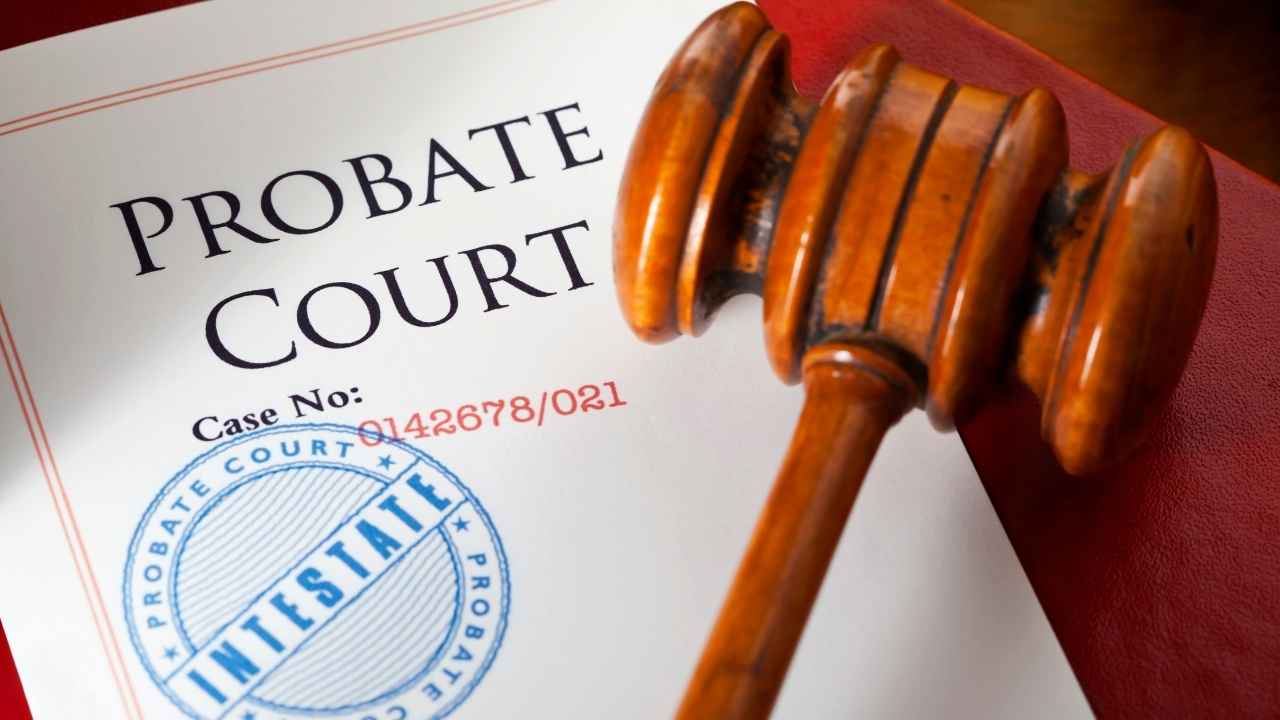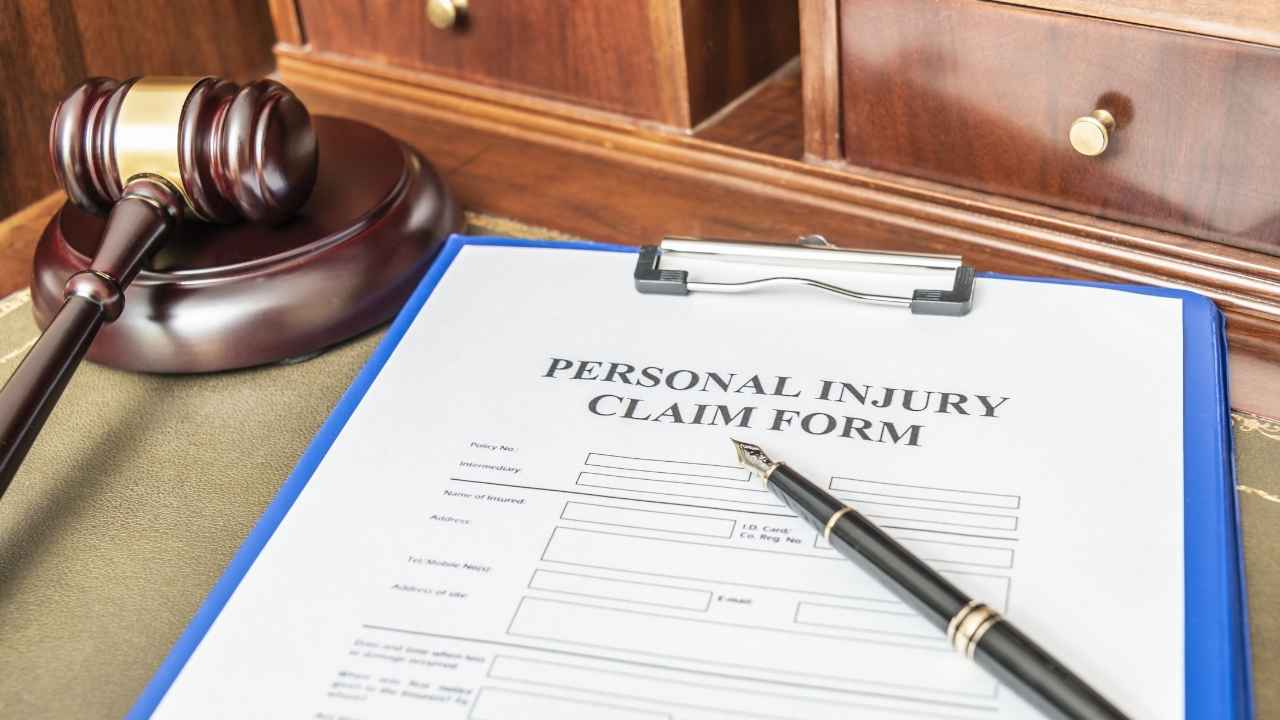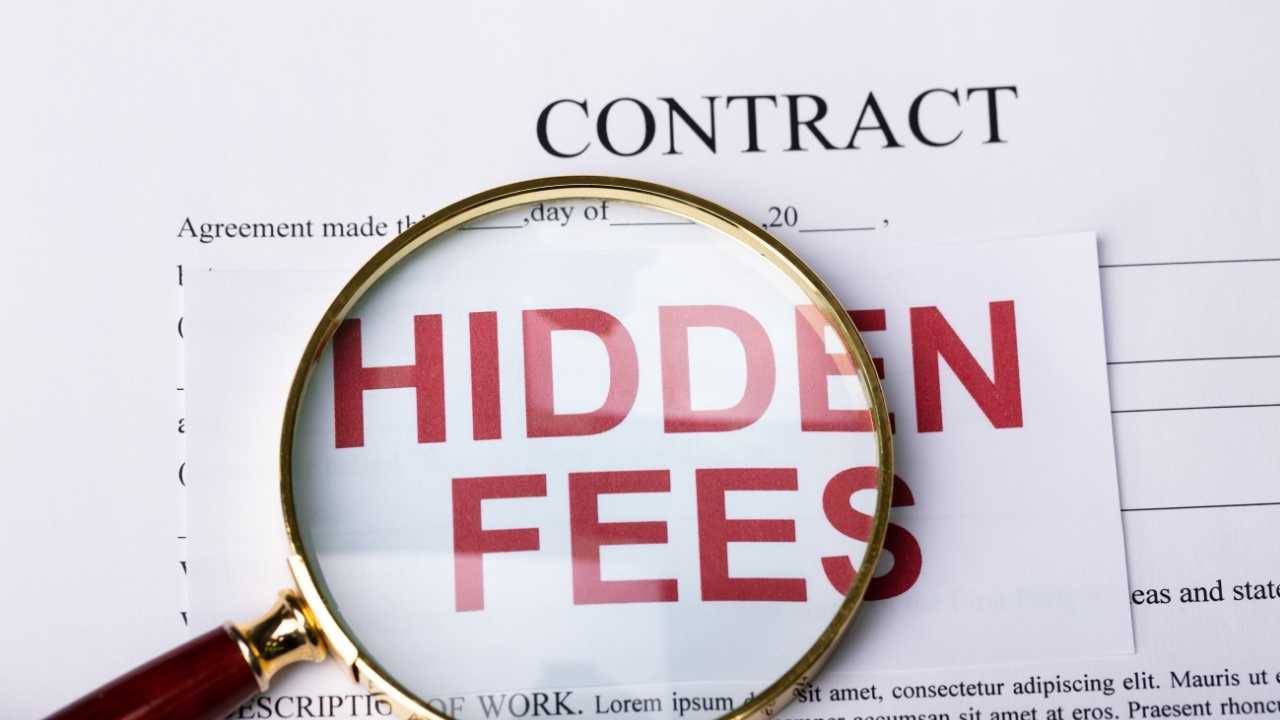Probate courts in Trumbull County, Ohio, use property records to manage estate administration, ensuring assets like real estate are properly identified, valued, and distributed according to a decedent’s will or Ohio law.
These records, sourced from the Trumbull County Auditor’s Office and Recorder’s Office, help verify ownership, assess property values, and resolve disputes. In 2025, understanding this process is vital for families navigating probate, as it ensures fair asset distribution and compliance with legal requirements.
This article explains how property records are used, why they matter, and how you can access them efficiently.
Why Property Records Matter in Probate Court
Property records are critical in probate because they provide a clear picture of a decedent’s real estate assets. These records confirm ownership, reveal liens or mortgages, and help calculate estate taxes. Without accurate records, disputes among heirs or creditors can delay or complicate estate administration.
What Are Property Records?
Property records are official documents detailing real estate ownership, value, and legal status. In Trumbull County, these include deeds, tax assessments, and mortgage records.
- Deeds: Show who owns the property and any transfers.
- Tax Records: Provide assessed values for estate tax purposes.
- Mortgage Records: Indicate outstanding debts tied to the property.
Legal Role in Probate
Probate courts rely on these records to ensure assets are distributed correctly. They help verify if a property was solely owned, jointly held, or part of a trust.
How Trumbull County Probate Court Uses Property Records
The Trumbull County Probate Court, located at 161 High St NW, Warren, OH, handles estate administration, wills, and guardianships. Property records play a key role in several probate processes.
Identifying Estate Assets
When someone dies, the court appoints a fiduciary (executor or administrator) to identify all assets. Property records from the Trumbull County Auditor’s Office help locate real estate owned by the decedent.
- Process: The fiduciary searches records by the decedent’s name or parcel number.
- Purpose: Ensures no property is overlooked during estate inventory.
Verifying Ownership
Property records confirm whether the decedent owned the property alone, jointly, or with survivorship rights. This affects how the property is handled.
- Sole Ownership: Property goes through probate for distribution.
- Joint Ownership: May pass automatically to the surviving owner, bypassing probate.
Assessing Property Value
The court uses tax records to determine the fair market value of real estate. This is crucial for calculating estate taxes or dividing assets among heirs.
- Source: Trumbull County Auditor’s Office provides current valuations.
- Impact: Accurate valuations prevent disputes over asset distribution.
Resolving Creditor Claims
Creditors may claim debts against the estate, including unpaid mortgages or liens on properties. Property records reveal these obligations.
- Example: A mortgage record shows if a property has outstanding debts that must be settled before distribution.
Handling Disputes
If heirs or beneficiaries dispute a will or property distribution, the court uses property records to clarify ownership and resolve conflicts.
- Will Contests: Records help verify if a property was intended for a specific heir.
- Time Limits: Ohio law requires will contests within three months of probate notice for deaths after January 1, 2002.
Accessing Property Records in Trumbull County
In 2025, Trumbull County offers multiple ways to access property records, making it easier for fiduciaries and families to gather needed information.
Trumbull County Auditor’s Office
The Auditor’s Office maintains property tax records and valuations. You can search online or visit in person.
- Website: Trumbull County Auditor
- Details: Search by owner name, address, or parcel number.
- Cost: Free for basic searches; fees apply for certified copies.
Trumbull County Recorder’s Office
The Recorder’s Office holds deeds and mortgage records, essential for confirming ownership and liens.
- Location: 160 High St NW, Warren, OH 44481
- Online Access: Available through the Recorder’s portal.
- Fees: Copies cost $0.05 per page; certification is $2.00.
Online Court Records
The Trumbull County Probate Court provides an online case search system for probate-related documents.
- Access: Visit Trumbull County Probate Court.
- Features: Search by case number, name, or date.
Sources for Property Records in Trumbull County
| Source | Records Available | Access Method | Cost |
|---|---|---|---|
| Auditor’s Office | Tax assessments, property valuations | Online, in-person | Free (basic), $0.05/copy |
| Recorder’s Office | Deeds, mortgages, liens | Online, in-person | $0.05/copy, $2/certified |
| Probate Court | Estate cases, wills | Online case search, in-person | Varies by document |
Recent Trends in Probate and Property Records (2025)
In 2025, Trumbull County has embraced digital tools to streamline probate processes, reflecting broader trends in Ohio’s legal system.
Digital Record Access
Online portals have made property and probate records more accessible. The Auditor’s and Recorder’s websites allow 24/7 searches, reducing courthouse visits.
- Benefit: Saves time for fiduciaries and families.
- Example: The Auditor’s site now offers mobile-friendly searches.
Increased Transparency
Ohio law emphasizes transparency in probate, requiring courts to ensure accurate asset distribution. Property records are cross-checked with multiple sources to avoid errors.
- Impact: Reduces fraud and disputes in estate administration.
Legal Representation Encouraged
The Trumbull County Probate Court strongly recommends hiring an attorney for estate administration due to complex laws.
- Why: Prevents costly mistakes in handling property records.
- Cost: Attorney fees vary but must be court-approved.
Challenges in Using Property Records
While property records are essential, challenges can arise during probate.
Incomplete Records
Older properties may have incomplete or outdated records, complicating ownership verification.
Joint Ownership Issues
Jointly held properties may bypass probate, but records must confirm survivorship rights.
- Example: Ohio law allows 75% of joint bank accounts to be withdrawn by survivors, but remaining funds may require probate.
Disputes Over Valuation
Heirs may disagree on property values, especially if market conditions fluctuate.
- Solution: Use Auditor’s Office valuations or hire a licensed appraiser.
To ensure a smooth probate process in Trumbull County, follow these best practices.
- Verify All Records Early: Cross-check Auditor and Recorder records to confirm ownership and debts.
- Hire Legal Help: An attorney can navigate complex probate laws and ensure compliance.
- Use Online Tools: Leverage the county’s digital portals for faster access to records.
- File Timely: Submit wills within three years of death to avoid legal issues.
- Keep Records Organized: Maintain copies of all property-related documents for court submissions.
Common Probate Tasks and Property Record Uses
| Probate Task | Property Record Used | Purpose |
|---|---|---|
| Estate Inventory | Deeds, tax records | Identify and value assets |
| Creditor Claims | Mortgage records, liens | Settle debts before distribution |
| Will Contests | Deeds, ownership history | Resolve disputes over inheritance |
| Tax Calculations | Tax assessments | Determine estate tax obligations |
FAQs
How do I find property records for a probate case in Trumbull County?
Visit the Trumbull County Auditor’s or Recorder’s websites to search by name or parcel number. In-person visits are also available at 160 High St NW, Warren, OH.
What happens if property records are missing?
Check the Trumbull County Archives for historical records or consult an attorney to resolve gaps.
Can I access probate court records online?
Yes, the Trumbull County Probate Court offers an online case search system.
How long does probate take in Trumbull County?
Most estates are finalized within nine months, but complex cases involving property disputes may take longer.
Do all properties go through probate?
No, jointly held properties with survivorship rights or those in trusts typically bypass probate.
Conclusion
In Trumbull County, the probate court uses property records to ensure fair and legal distribution of a decedent’s assets, from verifying ownership to settling debts. These records, available through the Auditor’s and Recorder’s Offices, are essential for estate administration, tax calculations, and resolving disputes.
In 2025, digital tools make accessing these records easier, but legal guidance is recommended to avoid errors.
Practical Tip: Start by searching the Auditor’s online portal early to identify all properties and avoid delays in the probate process. For more details, contact the court at (330) 675-2521.




